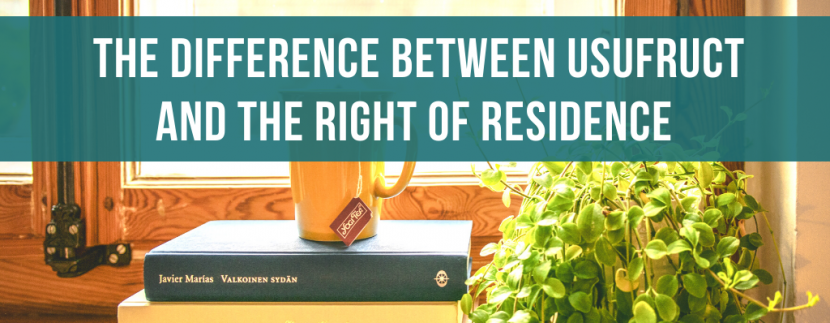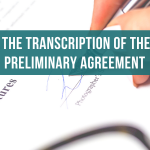The difference between usufruct and right of residence in Italian law

Difference between usufruct and right of residence in Italian law
Let’s start with a simple premise: the usufruct (usufrutto), the right to use (diritto di uso) and the right to housing (diritto di abitazione) are 3 different, progressively more limiting, legal forms (the right of use is more restrictive than that of usufruct but less of housing).
As we have already explained in the article What is the usufruct and how is it calculated? the usufructuary has the possession of the property, can inhabit it and rent it, perceiving the rent. The right can be granted for the entire life of the beneficiary, as is usually the case, but also for a specific period.
The right of use and housing for certain characteristics (duration, extinction) refers to the rules established for the usufruct. The content is more limited as it is limited to the needs of the owner and his family; may relate to only one home (or part of it) and its accessories.
In particular, the use attributes to its owner the power to use the good and, if it is fruitful, to reap the benefits, but only for what is necessary for his and his family’s needs.
We add, then, that the user cannot appropriate the civilian fruits, give up the right or lease the good.
For the housing the powers of the right holder are even more limited. In this case you can live in the house, but you can’t use it otherwise.
Also for housing there is the prohibition of assignment and lease, but in both cases there is the obligation of ordinary repairs (article 1025 of the Italian Civil Code).
We close the argument by remembering that the art. 1026 c.c. states that the provisions concerning usufruct apply, insofar as they are compatible, to the use and housing, thus confirming the “kinship” between these three real rights.
I hope this article may have been helpful.
Alice – www.ortalloggi.com
Sources:


